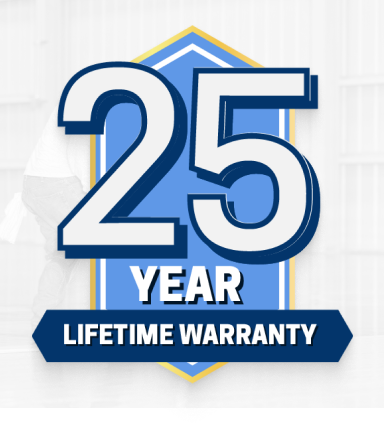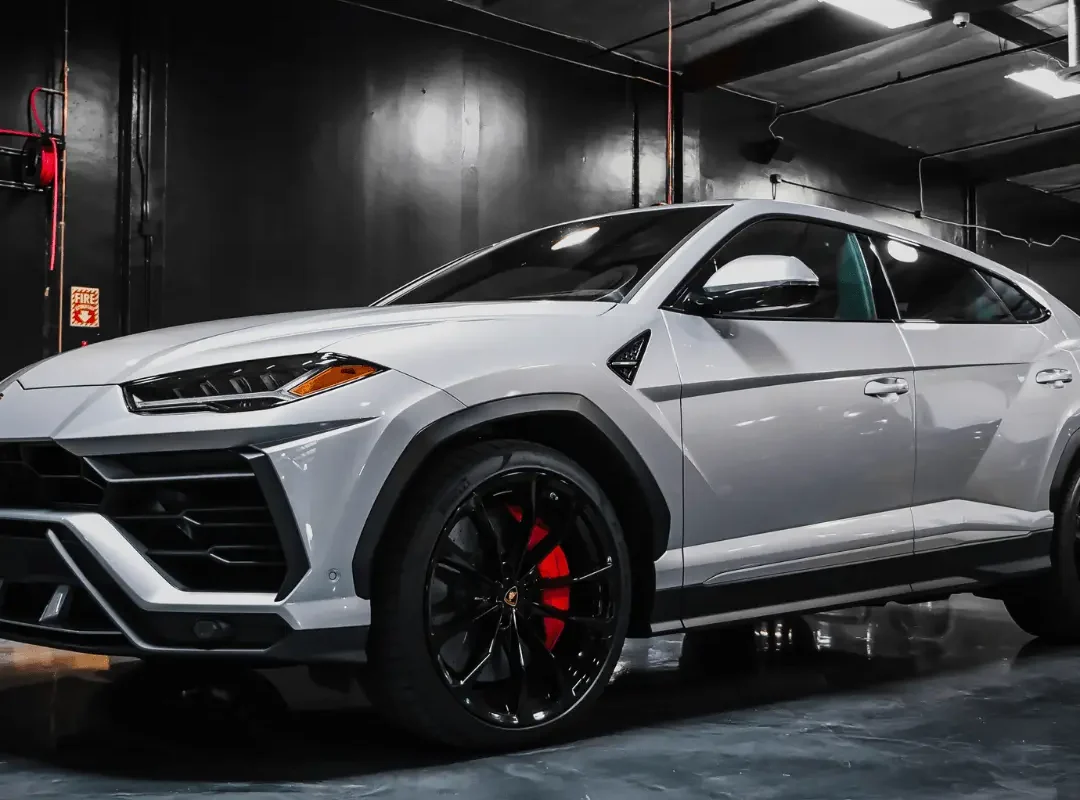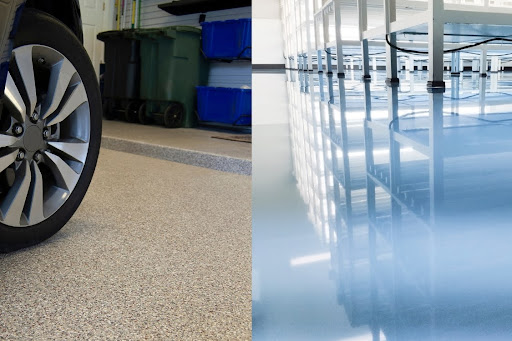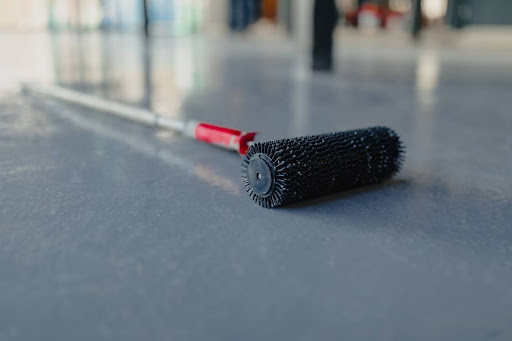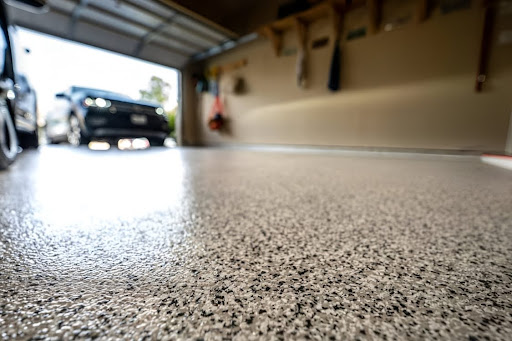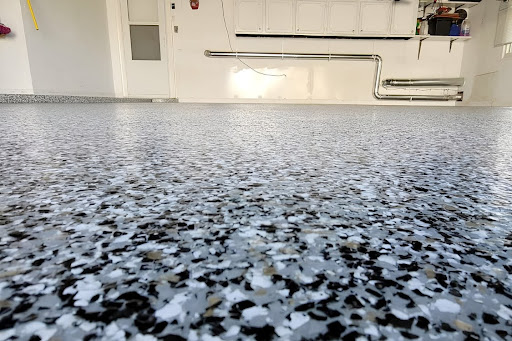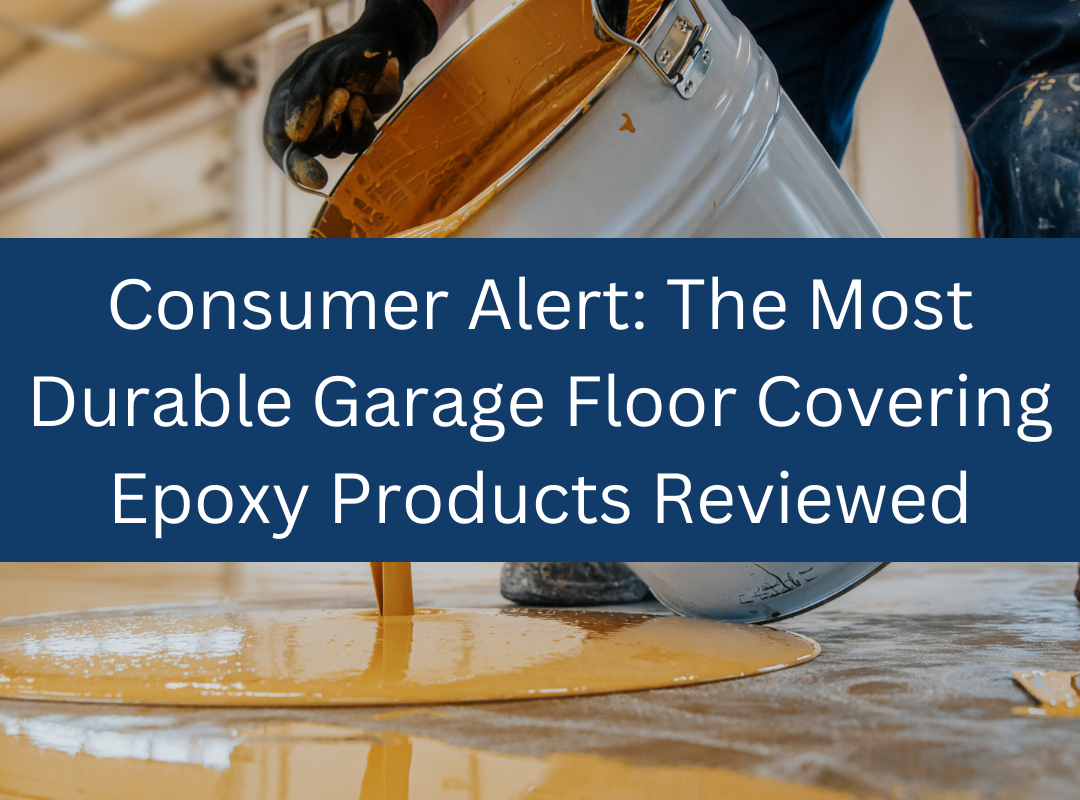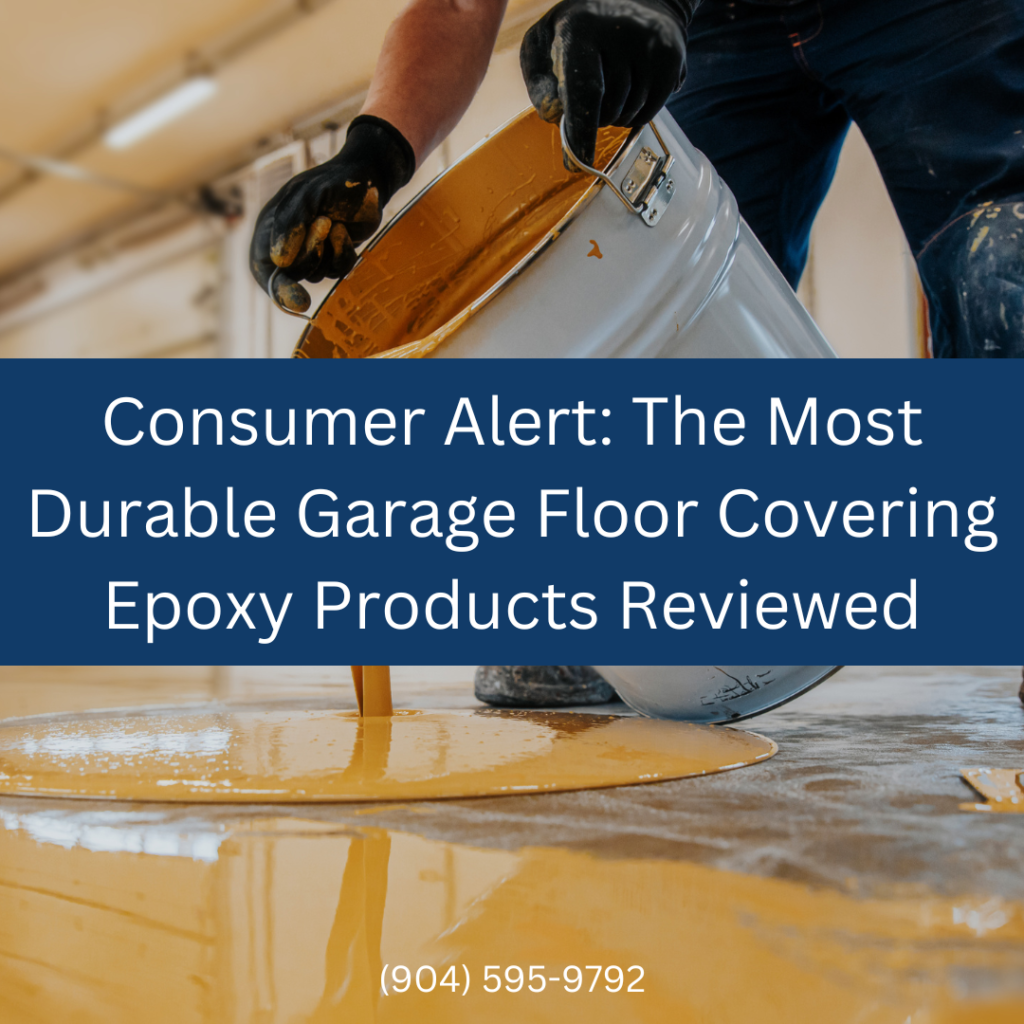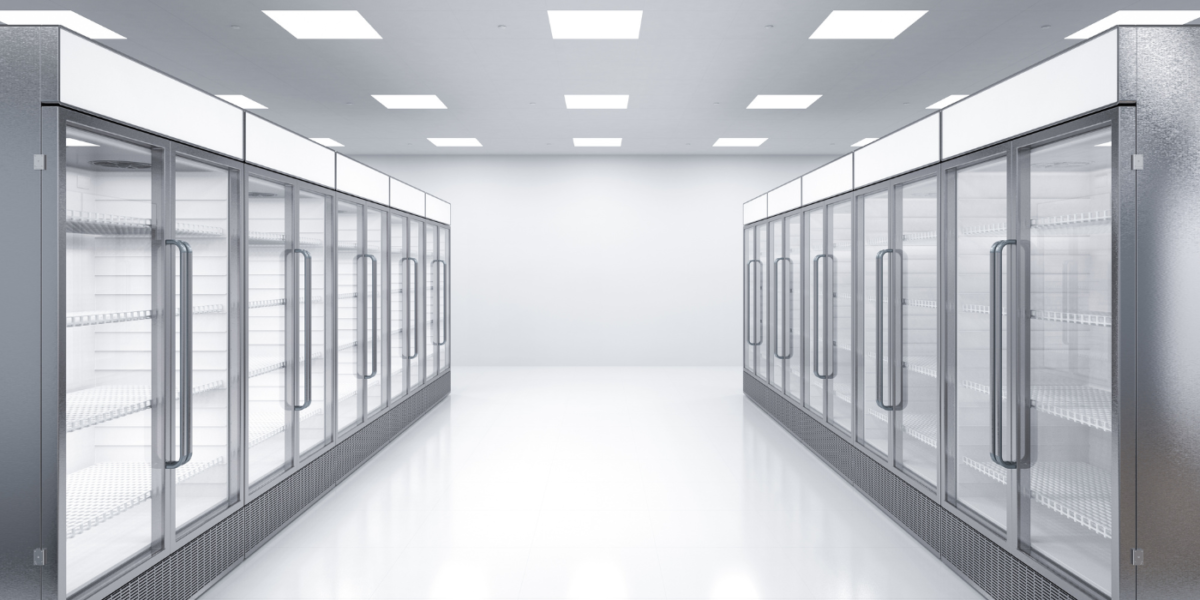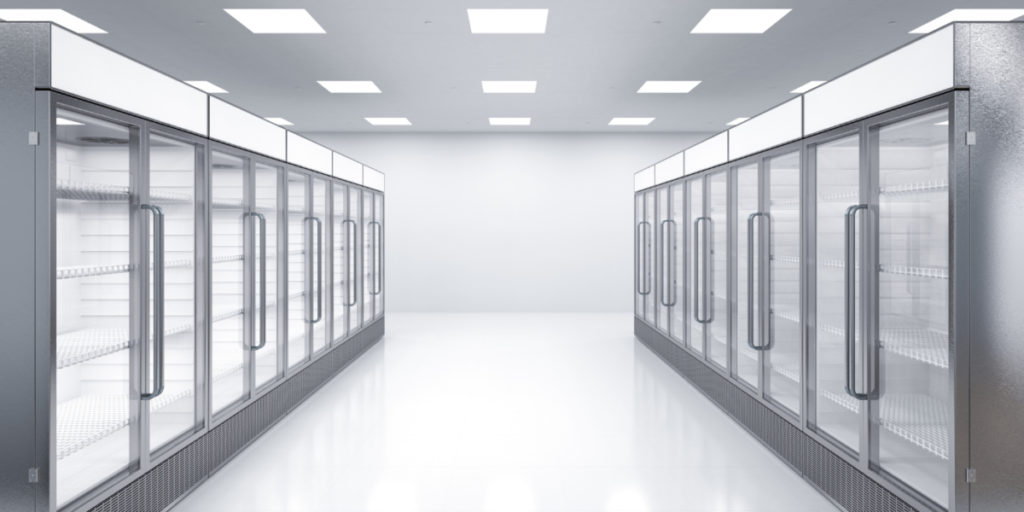
Hannah Clark
January 8, 2025
Table of Contents

School cafeterias are bustling hubs where students gather to eat, socialize, and recharge. Ensuring clean and safe environments is paramount, as they directly impact students’ health and well-being. One of the critical factors in maintaining a hygienic cafeteria is the choice of flooring. This article explores how epoxy flooring can significantly improve hygiene in Florida school cafeterias, providing everyone with a safer environment.
What is Epoxy Flooring?
Epoxy flooring is a durable and resilient surface created by applying multiple layers of epoxy resin over a prepared concrete base. The result is a seamless, high-gloss finish that is visually appealing, incredibly tough, and long-lasting. Epoxy flooring is renowned for its versatility, making it a popular choice in various settings, including industrial spaces, commercial kitchens, and, increasingly, school cafeterias.
Why Choose Epoxy Flooring for School Cafeterias
Epoxy flooring offers numerous benefits and is ideal for high-traffic areas like cafeterias. These advantages ensure a durable flooring, low-maintenance, and hygienic environment, which is essential for schools. Here are the key benefits of choosing epoxy flooring for school cafeterias.
Durability and Longevity
The school cafeteria floor endures significant daily wear and tear, from heavy foot traffic to frequent spills and furniture movement. Epoxy flooring is known for its exceptional durability, providing a long-lasting solution that can withstand the demands of a busy cafeteria. This longevity translates into cost savings over time, as the need for flooring repairs and replacements is minimized.
Easy Cleaning and Maintenance
Maintaining a clean cafeteria is critical for ensuring the health and safety of students and staff. Epoxy flooring simplifies this task due to its seamless and non-porous surface, which prevents dirt, grime, and bacteria from penetrating the floor. Routine cleaning with mild detergents and water is sufficient to keep the floor spotless, significantly reducing the time and effort required for maintenance.
Resistance to Spills and Stains
Cafeterias are prone to spills and stains from food and beverages. Epoxy flooring is highly resistant to such spills, preventing them from seeping into the floor and causing long-term damage or odors. This resistance ensures the cafeteria remains clean and hygienic, even during the busiest lunch periods.
A quick comparison between traditional flooring and epoxy flooring can highlight the benefits more clearly:
Aspect | Traditional Flooring | Epoxy Flooring |
Durability | Moderate | High |
Maintenance | High | Low |
Hygiene | Moderate | High |
Aesthetic Appeal | Moderate | High |
Cost-Effectiveness | Moderate | High |
Suggested for further reading: Discover the Beauty and Strength of Epoxy Concrete Floors
Hygiene Benefits of Epoxy Flooring
Epoxy flooring is an excellent choice for school cafeterias. It provides unparalleled hygiene benefits that create a cleaner, safer dining environment. These advantages help maintain high standards of cleanliness and prevent the spread of germs and bacteria. Let’s explore the critical hygiene benefits of epoxy flooring in more detail.
Seamless Surface Preventing Bacteria Build-Up
One of the standout features of epoxy flooring is its seamless nature. Unlike tile or other flooring types with grout lines or seams, epoxy flooring provides a continuous surface without room for bacteria or mold to grow. This seamless design is crucial for maintaining high hygiene standards in school cafeterias, where food and liquid spills are typical.
Anti-Microbial Properties
Many epoxy flooring options include antimicrobial additives that enhance their ability to resist bacteria and germs. These properties are particularly beneficial in esnvironments like school cafeterias, where maintaining a germ-free space is essential for preventing the spread of illnesses.
Non-Porous Nature
The non-porous nature of epoxy flooring means that it does not absorb liquids or spills. This characteristic is vital for hygiene, as it prevents the floor from harboring bacteria, mold, or unpleasant odors. It also makes cleaning more efficient, ensuring the cafeteria remains safe and healthy so students can enjoy their meals.
Epoxy Flooring Installation in School Cafeterias
Proper epoxy flooring installation is essential to ensure its longevity and effectiveness in a school cafeteria setting. This process involves skilled application and offers various customization options to suit the school’s specific needs and aesthetics. Below are the critical aspects of installing epoxy flooring in school cafeterias.
Professional Installation Process
Installing epoxy flooring in a school cafeteria requires professional expertise to ensure a flawless finish. The process typically involves preparing the concrete substrate, applying a primer, and adding multiple epoxy resin layers. Each layer must be adequately cured to achieve the desired durability and aesthetics. Professional epoxy installers like Apex Flooring ensure the job is done correctly, minimizing disruption to the school’s schedule and providing a high-quality result.
Customization Options
Epoxy flooring offers a range of customization options, allowing schools to choose colors, and patterns and even incorporate school logos or mascots into the design. This level of customization helps create a visually appealing environment that reflects school pride and enhances the overall atmosphere of the cafeteria.
Cost-Effectiveness
While the initial investment in epoxy flooring may be higher than other types of flooring, its long-term benefits make it a cost-effective choice. Epoxy flooring installation costs between $3 to $12 per square foot. However, its durability and low maintenance requirements significantly save time. Schools will spend less on repairs, replacements, and cleaning supplies. The reduced need for frequent maintenance and the flooring’s longevity—often lasting 10 to 20 years—translate to substantial cost savings, making epoxy flooring an economically sound investment for school cafeterias.
Conclusion
Epoxy flooring is an excellent choice for school cafeterias, offering numerous benefits that enhance hygiene, safety, and aesthetics. Its durability ensures that the quality flooring can withstand the high foot traffic and constant activity typical in school environments. The seamless, non-porous surface makes it easy to maintain, reducing the time and effort required to keep the cafeteria clean and germ-free. Additionally, the customization options available with epoxy floors allow schools to create visually appealing environments that reflect their unique identities and school spirit.
By choosing epoxy flooring, Florida schools can ensure a cleaner, safer, and more welcoming space for students and staff. The long-term cost savings from ease of maintenance and repair needs further enhance the value of this investment. For professional epoxy flooring installation that meets the highest standards of quality and reliability, contact Apex Epoxy Flooring today and transform your school cafeteria into a hygienic and attractive dining area.
FAQs
Yes, epoxy flooring is safe for health when adequately installed and cured. Once the epoxy resin has completely hardened, it creates a non-toxic, seamless surface that is resistant to bacteria, mold, and other harmful microorganisms. This makes it an excellent choice for environments where hygiene is crucial, such as school cafeterias. Additionally, epoxy flooring is easy to clean and maintain, ensuring a healthy and safe environment for students and staff.
Yes, epoxy flooring is food-safe. Its seamless and non-porous surface prevents food particles and liquids from seeping into the floor, reducing the risk of bacterial growth and contamination. This makes it an ideal flooring solution for school cafeterias where food safety is a top priority. Epoxy floors are also resistant to chemicals and spills, making them easy to sanitize and maintain, ensuring a hygienic food preparation and consumption environment.
Apex Epoxy Flooring‘s team typically installs epoxy flooring within a few days. They prep the surface on day one, then apply the epoxy and let it cure. This efficient but never rushed process ensures a smooth surface finish.
They’re committed to quality and know that proper installation is key to a floor’s longevity and performance. Once done, you’ll have a durable, easy-to-clean surface that’s perfect for a high-traffic area like a school cafeteria.
Apex’s epoxy flooring is 4x stronger due to its unique formulation and application process. It uses a high-grade, industrial-strength epoxy mixed with hardeners, providing a durable, long-lasting surface.
Plus, their professional installation ensures the coating bonds sincerely into the floor’s surface, creating a formidable, resilient barrier. That’s why Apex’s epoxy flooring outperforms and outlasts others, proving its superiority in strength and durability.
Written By:
Hannah Clark
Hannah Clark, leveraging her Civil Engineering background from the University of Florida, has specialized in material sciences and sustainability, focusing particularly on epoxy flooring. Over her 15-year career, Hannah has provided insightful content that explains the technical benefits and innovative applications of epoxy in both residential and commercial settings.
Table of Contents
Related Epoxy Flooring News

Polyurea Garage Coating Florida | Heat & Weather-Proof Floors
If your garage floor is cracking, peeling, or stained, it’s time for an upgrade that

Epoxy Kitchen Floor & Indoor Epoxy Flooring in Florida
Get a durable, easy-to-clean epoxy kitchen floor that resists heat and spills. Call now

What Makes Marble Epoxy Floors a Smart Choice
Get a marble epoxy floor with a luxury look and lasting strength. Ideal for Florida
